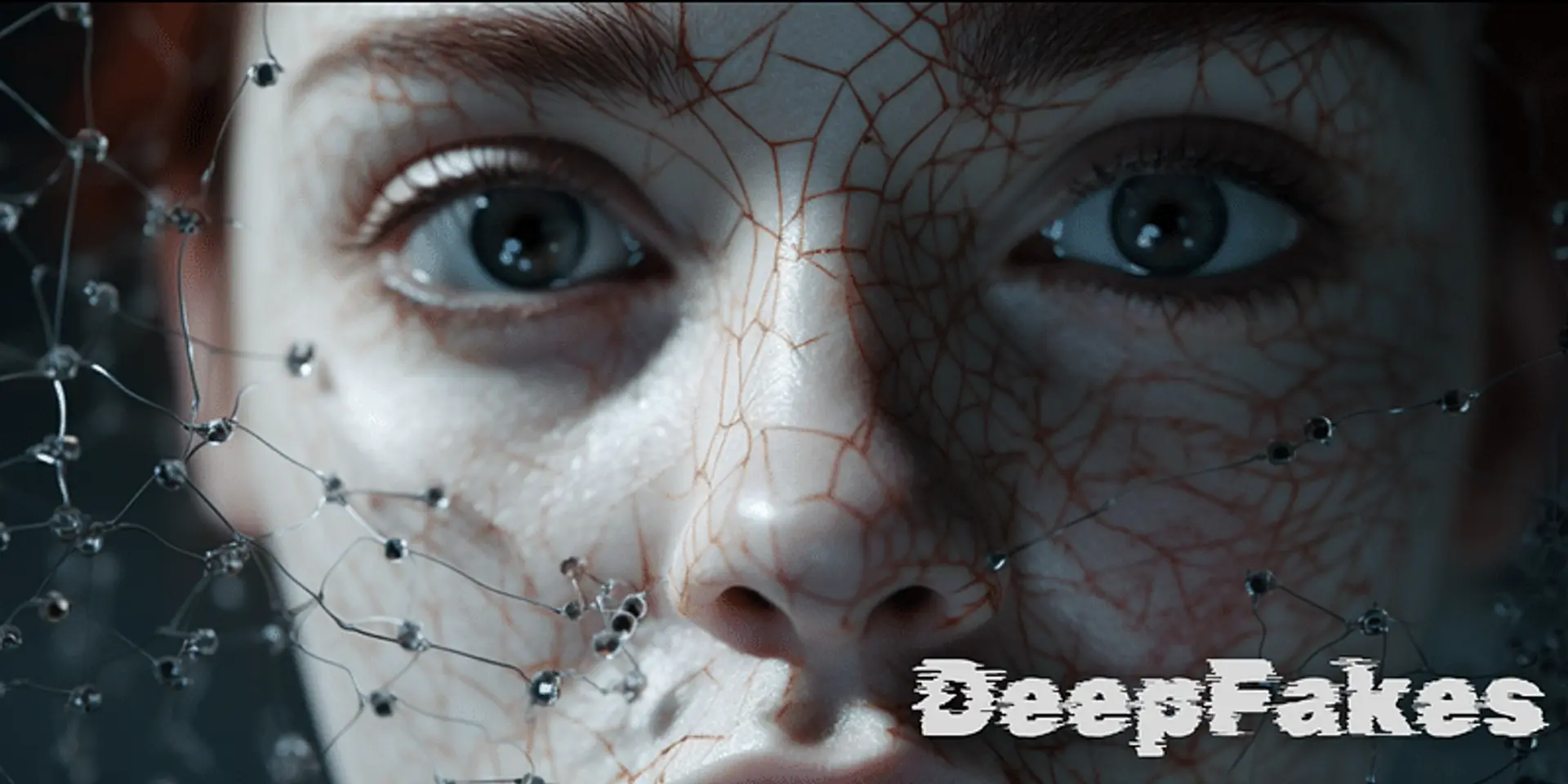Decoding Deepfakes: Impact on India's A-listers & Gov's Strategy
From deceptive videos to privacy invasions, deepfake technology rattles India, leading to urgent calls for stringent regulations and public awareness campaigns.
Deepfakes are a form of artificial intelligence technology that manipulate digital media, so that existing images and videos can be altered to make it appear that someone is saying or doing something they are not. The term is a blend of 'deep learning' and 'fake'. This technology has raised significant concerns due to its potential for spreading misinformation, creating fraudulent media, and violating personal privacy.
The Indian government has been active in combatting the spread of deepfakes. The Ministry of Electronics and IT (MeitY) has issued advisories to social media platforms to remove such content within a 24-hour notice period, especially following incidents where deepfake videos went viral. For instance, a deepfake video impersonating actress Rashmika Mandanna stirred significant public outcry and led to celebrities calling for legal action against the spread of such content. Furthermore, Union Minister of State for Electronics and IT, Rajeev Chandrasekhar, has advised individuals affected by deepfakes to file a complaint and take legal action against the platforms if necessary
The Indian government, through existing laws like Section 66E of the IT Act of 2000, tackles deepfake crimes involving the unauthorised capture, transmission, or publication of a person's image. However, there are arguments that while current laws implicitly prohibit the circulation of deepfakes, a more specialised regulatory framework may be required to address the specific challenges posed by this technology.
Globally, deepfakes have been used to create problems through mass disinformation, and on a personal level, they have led to bullying, reputational harm, financial damage, and identity theft. In India, a senior citizen fell victim to deepfake technology during a video call, which marked a concerning use of the technology in the country.
Given the seriousness of the issue, it is likely that the Indian government and other stakeholders will continue to scrutinise and possibly strengthen regulations to mitigate the risks associated with deepfakes. Victims like Rashmika Mandanna highlight the urgent need for such measures, especially considering that over 90% of deepfake targets are women, often in the form of unauthorised and harmful explicit content.







